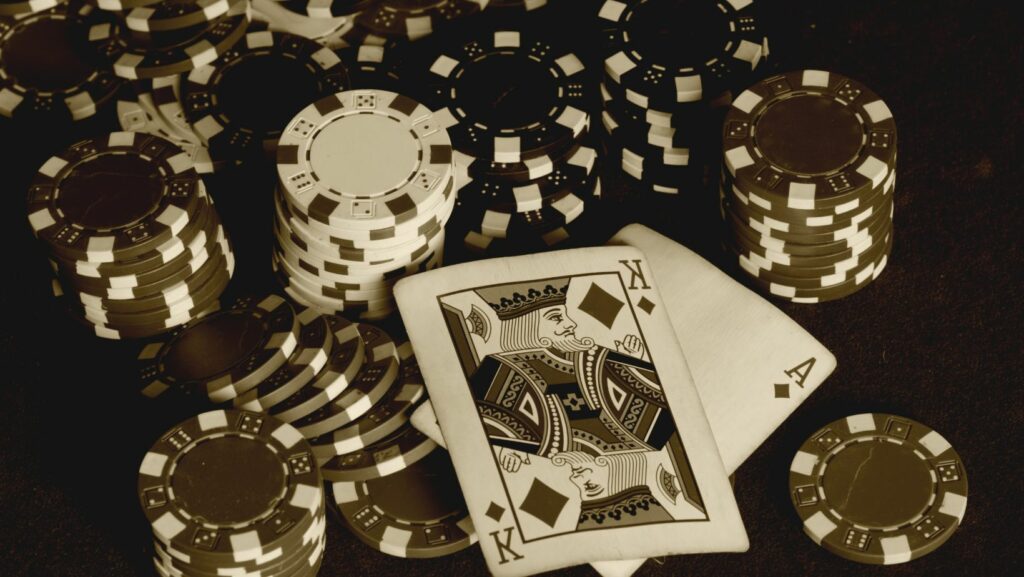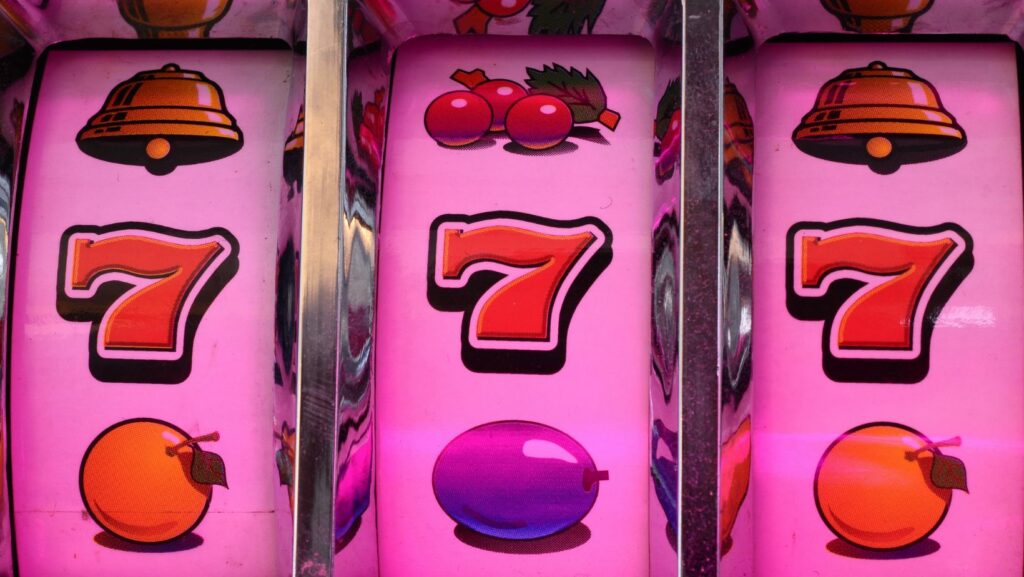In an age of Instagram models and YouTube stars, social media influencers have permeated nearly every industry. From travel to fashion to food, internet celebrities wield major clout over their loyal followers. Now, a new type of influencer is on the rise: the online casino promoter. These charismatic gamblers are attracting hordes of fans across platforms like Twitch and TikTok, dramatically shifting attitudes around gambling on quality iGaming platforms like Boomerang – especially among younger generations. But is this glamorization of casino culture ultimately harmless entertainment, or something more insidious?
A Seductive Spin on an Age-Old Vice
Gambling has captivated humankind for millennia, dating back to ancient civilizations. The allure of easy money and the thrill of chance are powerful temptations. Yet major religions have long warned against games of fortune, calling them pathways to ruin. And for a good reason – problem gambling can destroy finances, relationships, and lives.

Throughout much of history, gambling retained an edgy, transgressive appeal. Backroom poker games and smoky racetracks exuded a grimy glamour. But in recent decades, casinos have shifted into the mainstream as entertainment destinations. Las Vegas sold itself as an adult playground while state lotteries bankrolled public programs. Still, some seediness clung to betting – until now.
A new generation of social media influencers is spinning gambling into a lifestyle brand for the 21st century. Part gamer, part celebrity, part educator, they make hitting the slots or betting on sports look like harmless fun. Their YouTube videos and TikTok streams make casino games appear social, casual, and exciting. Sponsorships from gambling companies lend these posts a glossy sheen of credibility. The result is a bold rebranding of gambling for digital natives.
From Basements to Bright Lights: The Rise of Casino Influencers
The pioneer of this glitzy new gambling guru was Tyler “Ninja” Blevins. This massively popular Fortnite streamer signed an exclusive deal in 2018 to promote a major online sportsbook. His streams blurred the lines between gaming content and sports betting – all while exposing his young fans to wagering.
Other internet celebrities soon saw the potential to monetize their audiences through gambling sponsorships. One of the biggest is xQc, whose Twitch channel has over 11 million followers. He routinely livestreams himself playing slots or betting in between gaming sessions. These broadcasts normalize casino games as part of an edgy lifestyle.

But the platform that has truly launched a legion of casino influencers is TikTok. Its short videos are perfect for showing thrilling slot machine wins, crazy poker hands, and long shots paying off. The biggest TikTok gambling stars have millions of followers. Beard Bets boasts he turned a $50 deposit into $1 million. Kelly Vegas films herself winning big at casinos while dancing in glittery outfits. The hashtag #gamblingtok has over 5 billion views.
This burgeoning niche mirrors TikTok’s broader influencer culture. But instead of flaunting wealth through fashion and travel, casino influencers get rich quick through high stakes gambling. Even more worryingly, some are becoming celebrities just through simulated wins on slots apps – creating an illusion of easy money. Their videos and streams make betting appear more about entertainment than risk.
Lure of Luck: The Psychological Appeal
What exactly makes the new generation of online jetx game influencers so compelling? They tap into powerful psychological motivators that make gambling seductive:
- Hope over reason – Gambling offers a shortcut to wealth and success that bypasses hard work. Watching influencers win big fuels fantasies.
- Vicarious thrills – Even when they lose, influencers model how gambling provides an adrenaline rush. Their enthusiasm is contagious.
- Illusion of control – Influencers sell the idea that with enough skill, you can beat the odds. In reality, games like slots are 100% random chance.
- Fomo – No one wants to miss out on hot tips or winning strategies. The fear of missing out drives engagement with gambling influencers.
- Community – Fans bond over shared losses and wins in comments. Gambling becomes a social experience rather than a solo vice.
This potent psychological cocktail allows influencers to glamorize gambling for impressionable followers. Their content makes betting look like an exciting hobby with a community attached. They normalize games of chance, reframing them as harmless entertainment.
Troubling Trends: Signs of a Gambling Epidemic
However, beneath the flashy wins and good vibes lies a troubling trend. Problem gambling among young adults is rising rapidly. Studies show that 18-25 year olds are particularly susceptible to online gambling addiction. Now, casino influencers are accelerating this trend:
- 18% of Gen Zers follow gambling influencers and cite them as an inspiration to start betting.
- 63% of college students who gamble online report issues like chasing losses or hiding activity.
- Online casinos now make up 38% of gambling revenue – overtaking land-based venues.
- Loot boxes in video games have been linked to future gambling issues. Yet gaming influencers actively promote real-money betting.
These warning signs reveal how easily online casino culture can enable compulsive gambling. The same platforms where influencers post glamorous content are also used by teens and young adults. Impressionable followers can quickly get in over their heads trying to emulate the casino lifestyle sold by influencers.
Regulating Reckless Influencers
So how can society balance entertainment against exploitation when it comes to these powerful internet celebrities? Stricter regulations on gambling advertising content are likely needed. Some suggestions include:
- Requiring transparent labels on paid promotions for responsible gambling.
- Banning influencer sponsorships from unlicensed offshore gambling sites.
- Limiting access to gambling streams based on age restrictions.
- Capping stakes shown in influencer gambling content.
- Making influencers showcase major losses as well as wins.
However, the onus is not just on regulators. Ethics and social conscience should guide content creators to consider how their work impacts vulnerable followers. Gambling may be an easy way to build an audience, but does it help or harm fans?
Perhaps a compromise is promoting more skill-based games like poker that offer a real chance to win through ability. Sports betting can also teach analytical thinking when done responsibly. Moderation and balance are key.
A Fork in the Road: The Future of Gambling Culture
Online casino influencers represent a crossroads for society’s relationship with gambling. Their glamorous, carefree portrayal attracts younger generations to betting in unprecedented numbers. Yet this normalization comes at the cost of increased addiction risk.
At their best, gambling influencers can educate and provide measured entertainment. At their worst, they are reckless profiteers selling risky fantasies to the vulnerable. The truth likely lies somewhere in between.
For now, the house always wins when it comes to the lucrative gambling influencer economy. But hopefully these digital celebrities will also recognize their unique power to promote smarter gambling habits. In the high stakes game of fame, integrity is the ultimate jackpot.

